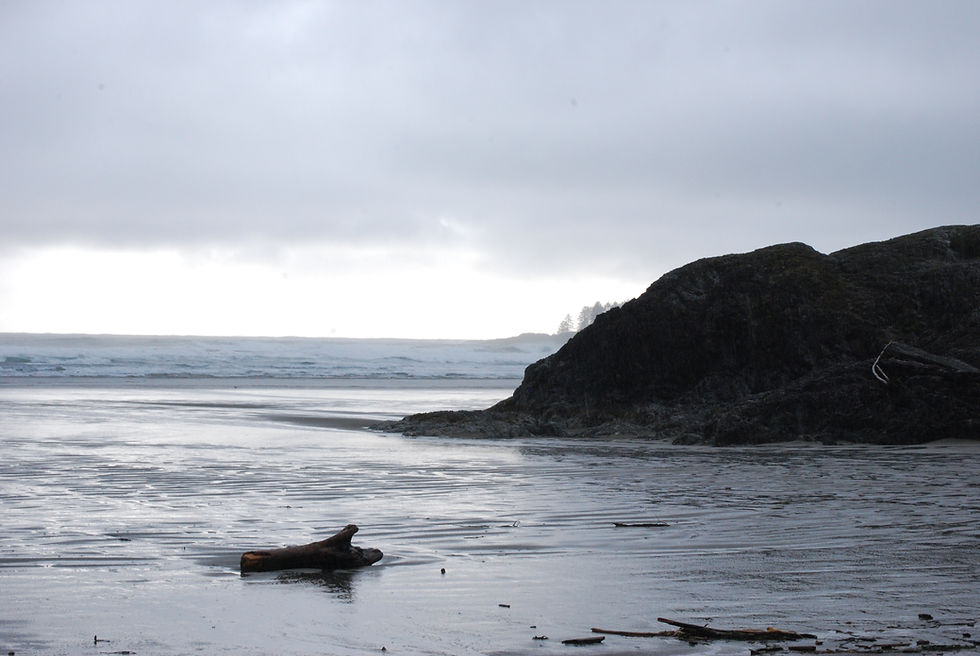
First we all complained life was too busy, then we complained we were bored, and now we are all back to being too busy again. We've all recently been through some form of lockdown, quarantine, or self-isolation. Social distancing in any form undoubtedly was tough on everyone. For people with roommates or family buzzing around the house, home felt chaotic. For those of us who live alone, home might have felt isolated. I reveled in the isolation, for the most part. I suddenly had time for myself, away from the chaos of the outside world. I missed a few key people in my life, but suddenly there was time for everything I'm always too busy to do, such as spend time with myself. This begs the question: how can positive isolation habits inform the new post-pandemic normal?
Now that things are getting back to somewhat normal, or a new normal in many places, the speed of life is picking back up. Suddenly rush hour exists again, grocery store lineups are longer than ever, and people are ready and available to meet up at the beach or the occasional open restaurant. This is wonderful, of course. Social life is what makes us human and keeps most of us sane, but why do so many of us suddenly feel overwhelmed? Have we lost the life skills needed to tackle the world? Have we become so good at online life that the real world is too colourful, too loud, and too fast now? It has only been a few months. How has everything changed so much?
I shut my work laptop on Friday night and tried to turn my brain off. The switch appeared to be broken. I replayed scenarios from the week, over and over. I tried to consciously turn my thoughts towards other things like my millions of potted plants, the grocery list I should make for the farmer's market tomorrow, and studying the forecast to find a sunny few hours for a weekend bike ride. Each time I settled my focus on a weekend thought, my mind would boomerang back to work. I had entered this cycle of anxiety, becoming anxious thinking about work then becoming more anxious thinking about the fact that I couldn't stop thinking about work. It finally hit me: the wave of life is picking up again and I have to find a way to surf it.
So, how to surf it? When you gradually learn to surf growing up, you don't even notice you're surfing. Now, being out of the water for months, the water feels cold and the waves are moving fast, one after the other. The last couple of weeks, I was getting caught in the undertow, only able to surface for one or two quick gulps of air. My lungs aren't in shape to hold my breath as long as they used to. No one's are.
Though many of us begged to get back to some semblance of normalcy, maybe there was something to be learned from the months of hibernation. Last night, instead of doing all the things I had planned, like laundry, repotting basil seedlings, cleaning out a closet, and more, I went to the park with my sunglasses, a blanket, and a book. I sat in the park for four hours reading Second Nature by Michael Pollan. I decided I couldn't quell my anxious thoughts with laundry, but I could with fresh air, stillness, and the transporting language of one of my favourite authors. It worked.
I am clearly not an expert in slowing down, as this week I somehow find myself with two jobs, two major art projects, a massive sailboat cushion-reupholstery job, and trying to fit in a 100km bike ride in the next few weeks, but trying the slow life yesterday was transformative. I have been confining my slow-down time to my morning meditations, but clearly I need to spend even more time filling the tank. Maybe the energy required to handle life is like a sourdough starter culture: Every day we scoop some out to bake bread, but in order to keep it alive and magically growing, you need to feed it and leave it alone for a while. After it has been dormant, it takes a little bit of extra time and love to gurgle back to life.
Perhaps this is something we can all take from our months of lockdown: slowing down is not just a trendy concept for Instagram posts; it is a necessary habit we have already cultivated and should continue to invoke on a very regular basis. Being kind and understanding with ourselves is healthy while we all transition back to surfing the bigger waves. Leaving time for reflection and for doing the things that feed our starter culture is necessary. Maybe leaving time for reflection will even help us realize we don't need to ever get back to the biggest waves on which we once surfed.

Commentaires